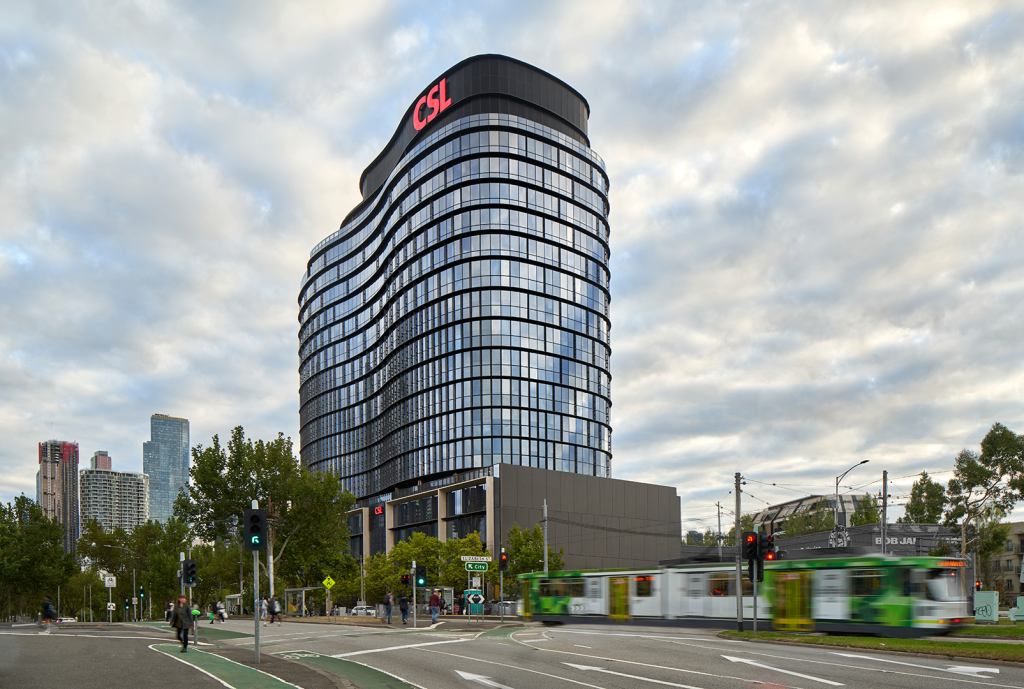Why Residential Property Developers Are Adopting Sustainable Practices: Key Observations From PDG
The global construction industry’s staggering contribution of 38 per cent to the world’s total greenhouse gas emissions, with Australia ranking as the 114th largest contributor per capita, underscores the urgent need for sustainability in property development.
With this alarming fact in mind, residential property developers like PDG are increasingly compelled to integrate sustainable practices into their projects.
This article aims to shed light on the driving forces behind most property developers’ adoption of sustainable practices, with a heavy emphasis on their financial, environmental, and reputation benefits.
What is Property Sustainability? Insights From Residential Property Developers
Sustainable construction refers to the development of buildings that are not harmful to the environment while minimising depleting natural resources. The aim of making a property sustainable is to support the long-term balance of the environment and its occupants.
According to the World Green Building Council, buildings are responsible for over 42 per cent of global greenhouse gas emissions. Most of these properties are not often built with sustainability in mind, so the public demand for sustainable properties has skyrocketed.
Incentives for Property Developers to Adopt Sustainable Practices
Property developers with sustainability in mind often receive a range of incentives that make ecologically-friendly decisions more appealing. Here are a few reasons why property developers are now incorporating these practices:
Positive Environmental Impact
According to the Climate Literacy and Energy Awareness Network (CLEAN), there is overwhelming scientific evidence that human activities lead to increased levels of greenhouse gases, primarily Carbon Dioxide (CO₂), in the atmosphere.
This causes climate change to accelerate, melting ice sheets which raise sea levels and contribute to irregular changes in weather. To tackle the effects of climate change, Australia aims to reduce its emissions by 43 per cent by 2030, and completely net-zero emissions by 2050.
If not addressed, climate change will inevitably flood low-lying areas and result in large-scale adverse economic ramifications – making sustainable practices an ethical and moral mission for both developers and investors.
Beyond the effects of climate change, the ever-growing demand for construction materials can lead to deforestation, and habitat loss which contribute to the eventual extinction of species.
Social Responsibility
Nowadays, investors now demand property developers adopt cost-efficient and planet-friendly sustainability practices in their projects.
With the public’s growing environmental awareness about climate change, property sustainability is now a growing metric for developers to explore more ethical and environmental solutions to maintain their social responsibility.
Property developers who commit to building energy-efficient projects and work with ethically-minded suppliers can lower their environmental footprint, and foster a relationship with the public without feelings of insecurity over their moral hygiene.
Those who go to the next step to ensure net-zero emissions in their project are more likely to increase their chances of receiving favourable media coverage, often placing brand reputation in a cut above others as a measurement of quality of care beyond their immediate means.
Additionally, companies with one or more of the following Environmental, Social, and Governance (ESG) certifications indicate that they adopt sustainable practices and pay close attention to their brand profile:
- Green Building Council Australia’s Greenstar Design & As Built ratings
- International WELL Building Institute Certifications (WELL)
- Industry-leading Nationwide House Energy Rating Scheme (NatHERS)
- National Australian Built Environment Rating System (NABERs)
Conversely, property developers who do ignore the consequences and still adopt environmentally harmful practices will inevitably face public backlash – plummeting their firm’s reputation and credibility.
Long-term Financial Feasibility
A core discussion about sustainability is how financially feasible it is for developers, investors, and consumers.
According to TPM Builders, a Queensland-based construction firm, adopting sustainable practices can not only reduce a property’s environmental impact but can also lead to lower operating costs down the line – creating a ‘win-win’ situation for both the development firm and its investors.
This is further backed by other studies. According to a 2021 government report by Infrastructure Australia, incorporating sustainable principles into early planning and development stages can lead to efficient resource use and reduce the life-cycle cost of properties.
By incorporating sustainable practices like opting for energy-efficient materials instead, properties become more cost-effective to heat, cool, and maintain than its conventionally-built counterparts.
This results in higher financial feasibility while also reducing the project’s negative environmental impact– incentivising both investors and developers to adopt a more sustainable approach.
Case Study: Elizabeth North Stage 2
As property developers ourselves, we aim to create properties with holistic sustainability in mind through innovative humanistic design and construction – such is the case for the Elizabeth North Stage 2.

This 18-storey building now houses CSL Limited’s Global Headquarters and Centre for Research & Development. Elizabeth North Stage 2 features state-of-the-art laboratories and working spaces to enhance the efficiency of clinical research, development, and breakthroughs.
Thanks to our sustainability practices, the precinct achieved a 5-Star Green Star – Design & As Built v1.2 Design certification rating and is now on track to receive e a 5-Star As Built certification due to its superior indoor environmental quality (IEQ) and energy-efficient design that meets Australian best practices.
If you’re looking for residential property developers that prioritise sustainability practices, don’t hesitate to contact us today. Choose PDG, and opt for an ethically responsible and financially feasible path for your project, supported by our 39 years of field expertise.


 BACK TO NEWS
BACK TO NEWS